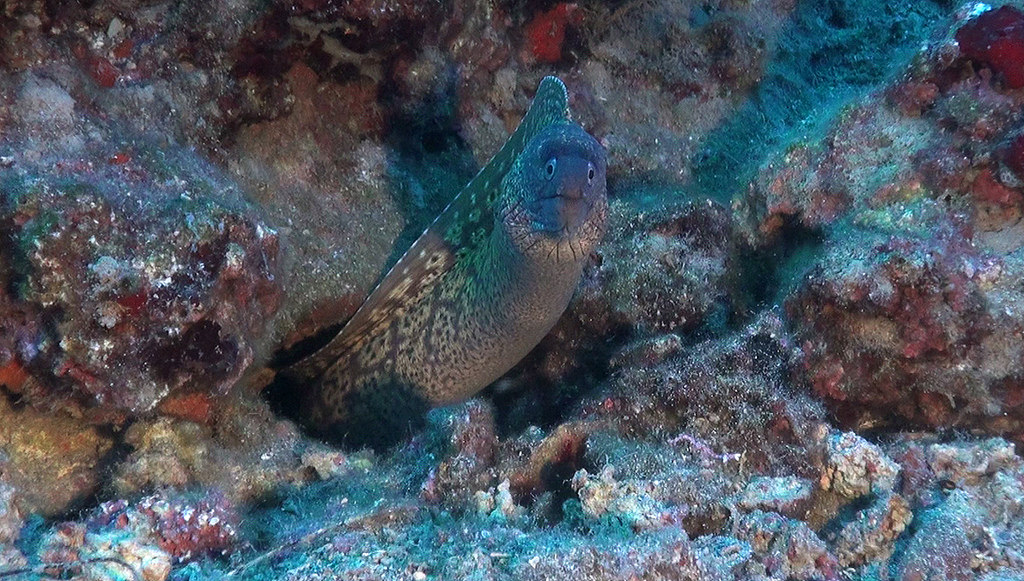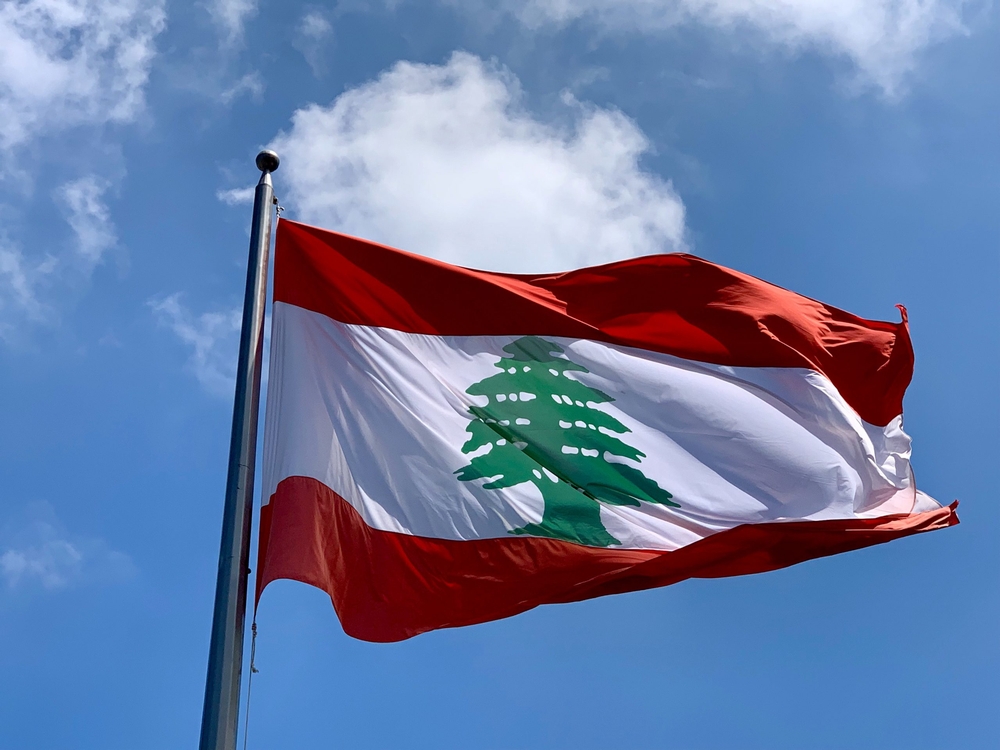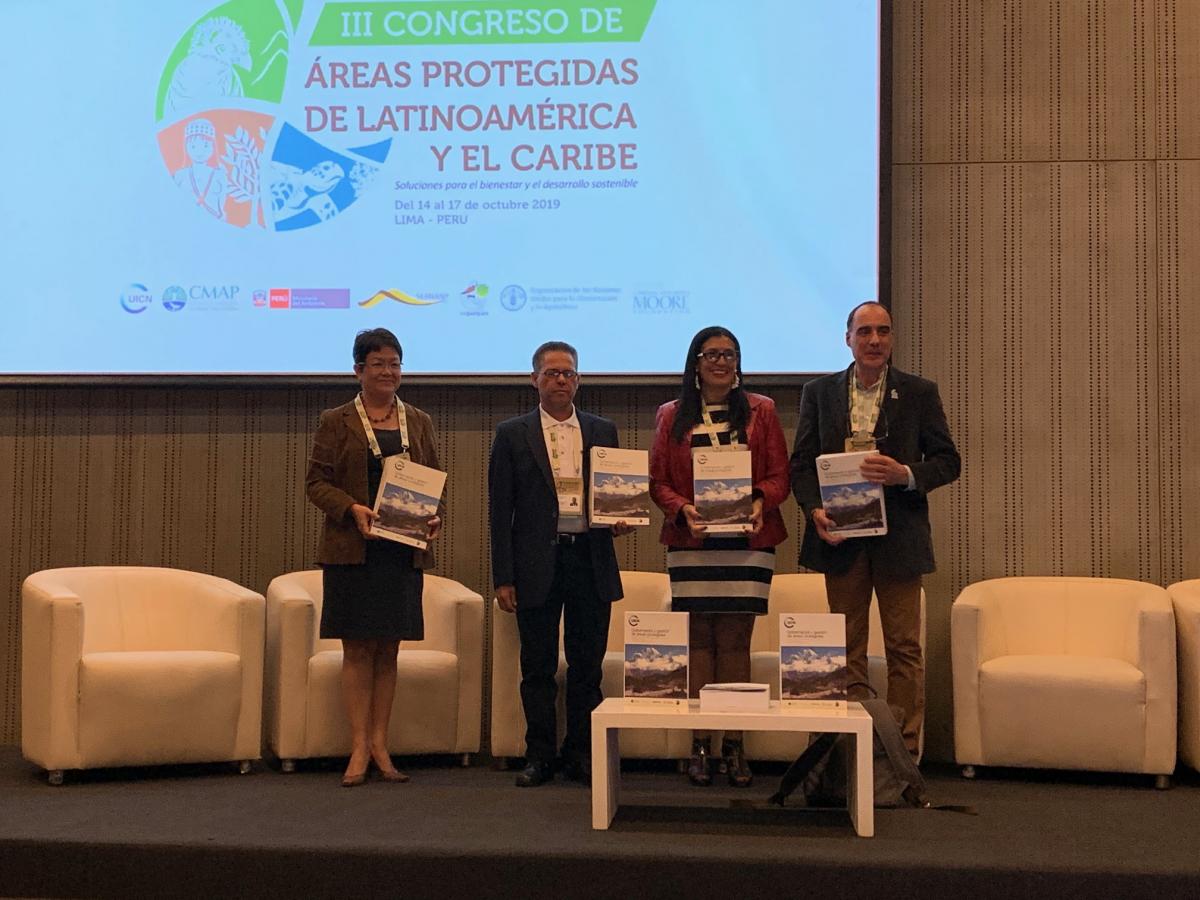Towards Deep-Sea Conservation in Lebanon
Following the first analysis of the deep sea expedition in unexplored areas of the Lebanese coast, the Deep-Sea Lebanon project has held on April 27th, 2017, the first workshop to discuss with relevant national stakeholders the feasibility of creating deep sea MPAs in Lebanon. .

Photo: © OCEANA
The first results from the first deep sea expedition ever in the sea canyons of Lebanon (Cheka & Batroun, Bay of Jounieh, Northern St. George, Beirut Escarpment and Gulf of Beirut and Saida) conducted by Oceana last year are coming out. More than 200 species, including what are believed new records for species not found anywhere else in the Mediterranean and currently occurring only from the Atlantic Ocean and in Polar regions. How this could happen?
A series of workshops that will be conducted in the framework of the Deep-Sea Lebanon project, will examine these results in detail and the roadmap to facilitate the possible creation of the first deep sea Marine Protected Areas in Lebanon.
Using a participatory approach and involving national authorities, marine users as well as the local communities, the workshops will assist the development of management guidelines for these future MPAs in Lebanon and the preliminary management plans.
The first workshop, which was hold on April 27th, 2017 and hosted by the National Council for Scientific Research (CNRS-L) in Beirut, started this work, holding the first discussions for the identification and mapping of the relevant stakeholders and the initial screening and proposals for further work ., It also identified the potential threats to the sitesand underline the existing legal and management frameworks.
The workshop included also presentations given by key speakers on the scientific knowledge accumulated on deep sea areas in Lebanon and aspects of management and experiences from otherdeep sea Marine Protected Areas with canyons. The presentations were intended to provide a common basis of understanding of the needs, the law, and the different management instruments available.
About the Project:
The Deep Sea Lebanon Project, launched in 2016, was undertaken following a request for partnership sent from the Lebanese Ministry of Environment in order to carry out biodiversity field surveys in the deep sea in Lebanon, following the adoption by the Lebanese Government of the Lebanon’s Marine Protected Areas Strategy in 2012, in which four sites in the deep sea were identified as potential MPAs and needed further scientific studies for their declaration.
The Lebanese Strategy aimed to create a national network of marine protected areas, in order to fulfill Lebanon’s commitments towards the Convention on Biological Diversity (CBD) and to specifically contribute to the achievement of the CBD Aichi marine target, aiming at the protection of at least of 10% of marine eco-regions in the world by 2020.
This project is a partnership between Oceana, IUCN and UNEP/MAP-RAC/SPA, on behalf of the Ministry of Environment with the support of CNRS-L, GFCM and ACCOBAMS, and funded by the MAVA Foundation.
 Photo: Oceana
Photo: Oceana
For more information: Mar Otero (IUCN-Med) and Ziad Samaha (IUCN Rowa)



